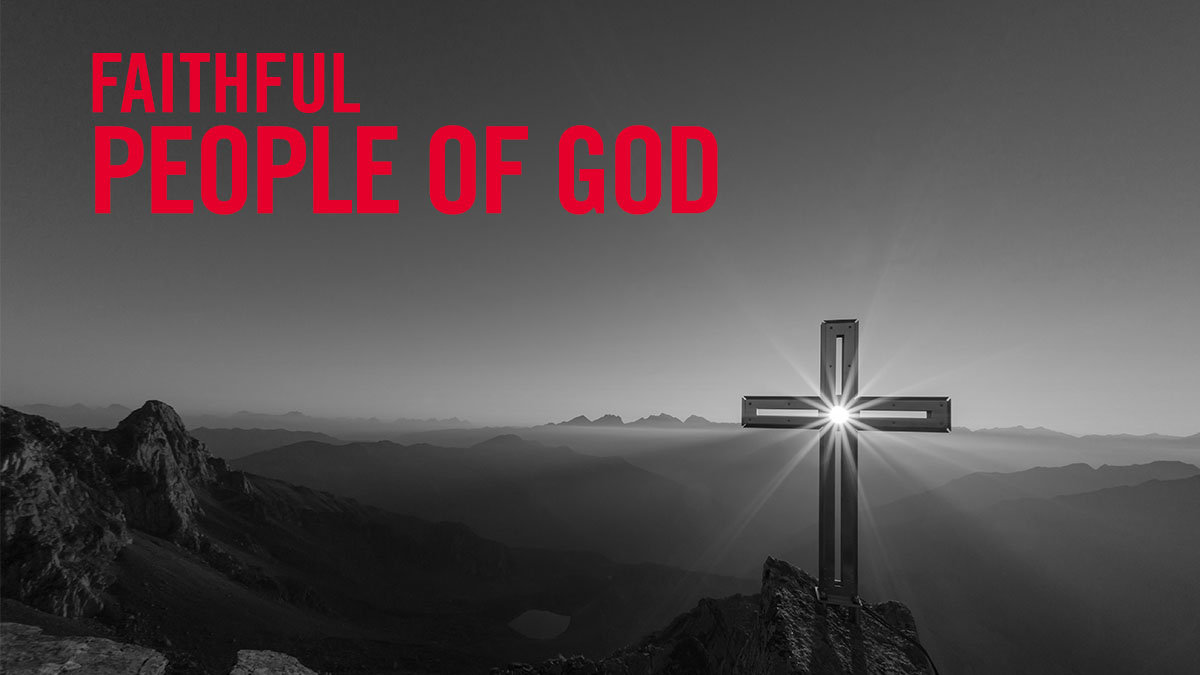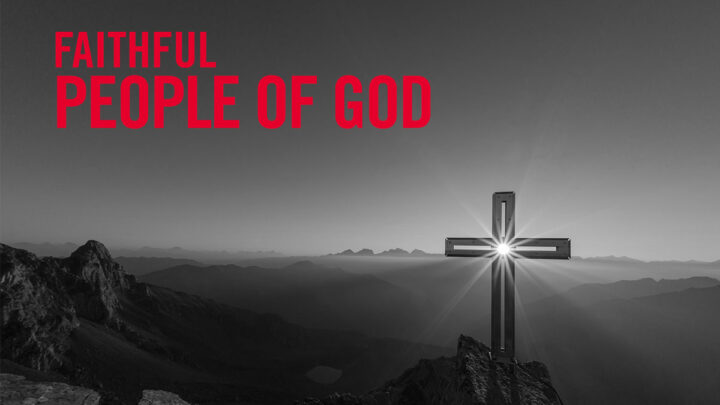“A new commandment I give to you, that you love one another: just as I have loved you, you also are to love one another. By this all people will know that you are my disciples, if you have love for one another.” – John 13:34-35

As a Christian, you never know who is watching or paying attention to you. You may be the only Bible that people will ever read. I constantly tell myself this whenever I am out in public. Your presence around others can either make or break someone’s day.
One day this past week I was feeling very anxious about an upcoming task. My good friend realized that I wasn’t myself and he simply told me, “You will have a great day today. You have an opportunity to be a blessing to others. Don’t miss that chance!” When I heard that, I stopped everything I was doing and changed my mindset. Something so simple yet so profound reminded me to let go and let God.
The agape love that we show towards others should radiate through any darkness. It’s just like the song we would sing in church as children. “This little light of mine, I’m gonna let it shine!” That is unconditional love. This is the love that John Wesley was passionate about. In his sermon titled “Catholic Spirit”, Wesley states, “His heart is enlarged toward all mankind, those he knows and those he does not; he embraces with strong and cordial affection both neighbors and strangers, friends and enemies.” If we were to attack each day with love like John Wesley did, the world would be a much better place. Let us continue to show God’s love through discipleship by being Christ-like.
Lord, give me the strength to love. Allow others to see the love of Jesus that shines from me. Strive to do the work of the church with love and patience. Amen.
Harry Miller is a member of Harry Hosier UMC and a Certified Lay Speaker

